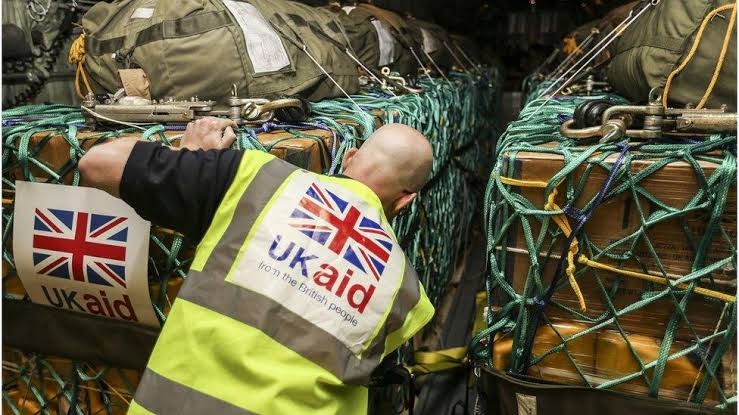
The UK government’s recent decision to slash foreign aid spending has sparked widespread concern, particularly over its disproportionate impact on women and children in Africa.
A newly released Foreign Office report confirms that critical support for education, health, and water sanitation in the region is among the hardest hit, raising fears of increased disease and mortality.
The aid budget, previously set at 0.5% of the UK’s gross national income, has been reduced to 0.3%a ,40% cut following a strategic shift to increase defence spending to 2.5% under pressure from the United States. The government insists the move is part of a line-by-linereview aimed at prioritisation and efficiency, protecting existing humanitarian contracts while exiting other programmes responsibly.
However, critics say the consequences will be dire. Bond, a UK coalition of development organisations, condemned the cuts, warning that the world’s most marginalised communities, particularly women and children in conflict zones, will pay the highest price.” Bond policy director Gideon Rabinowitz added that the UK appears to be “deprioritising” education, gender programming, and aid to countries like South Sudan, Ethiopia, Somalia, and the Occupied Palestinian Territories despite previous assurances that support for these crisis areas would continue.
UNICEF UK echoed the alarm, describing the cuts as deeply short sighted.
Chief Executive Philip Goodwin urged the government to rethink its strategy.
“We urge the government to adopt a new strategic approach that places vulnerable children at the heart of its aid programmes and policies. At least 25% of aid should be directed to child-focused initiatives, ensuring that children’s health, nutrition, education, and protection are prioritised.” the chief Executive Philip Goodwin urged the government to rethink.
Although bilateral aid direct support to specific countries is facing reductions, the government has pledged to continue funding multilateral organisations, including the World Bank’s International Development Association (IDA), which will receive £1.98 billion over three years to support the world’s lowest-income nations.
The Gavi vaccine alliance and humanitarian work in regions like Gaza, Sudan, and Ukraine are also expected to remain funded.
Baroness Chapman, Minister for Development, defended the government’s approach by saying, “Every pound must work harder for UK taxpayers and the people we help around the world.” Nonetheless, the decision has drawn sharp criticism from leaders like Sarah Champion, Chair of the International Development Committee, who said the cuts “will come at the expense of some of the world’s most vulnerable people.”
The move marks a sharp departure from previous UK commitments. Labour governments under Tony Blair and Gordon Brown had pushed aid levels to 0.7% of national income, a target achieved in 2013 and legally mandated in 2015.
That benchmark was scaled back to 0.5% in 2021 due to Covid-related economic pressures, and the latest cut to 0.3% further erodes the UK’s once-strong leadership in global development.
As the government shifts its priorities, many are left questioning whether the UK is abandoning its moral responsibility to the world’s poorest